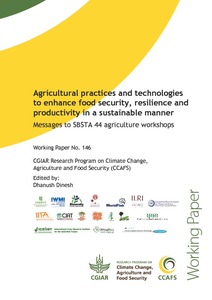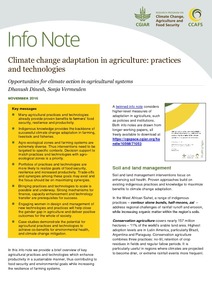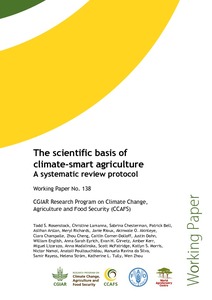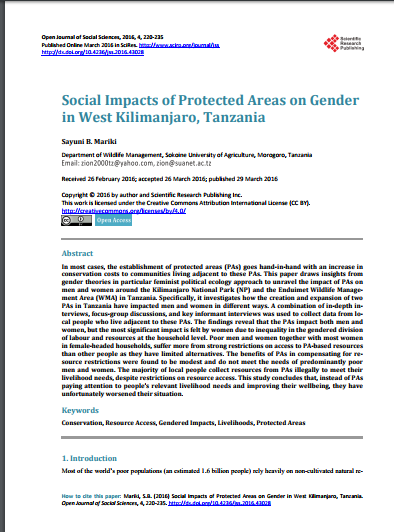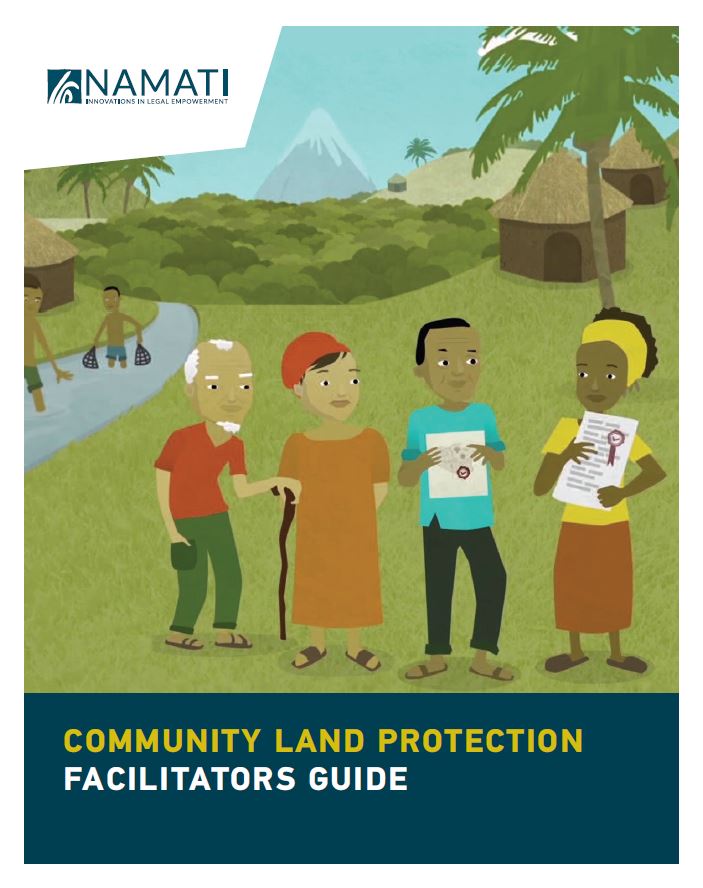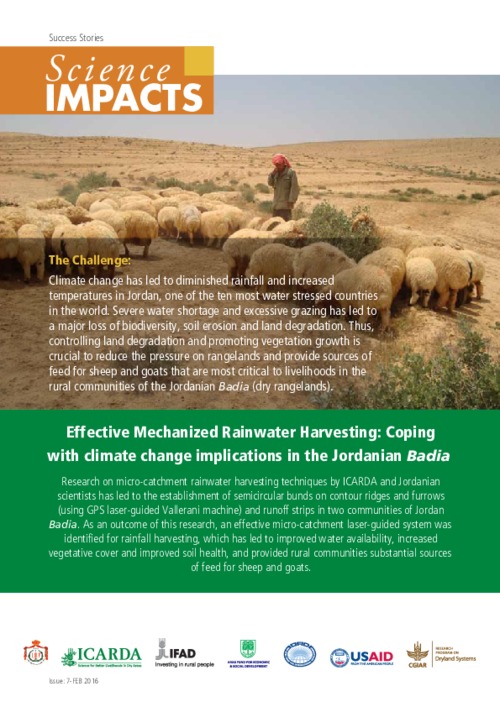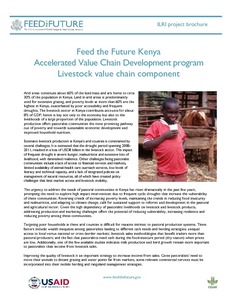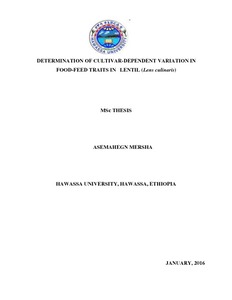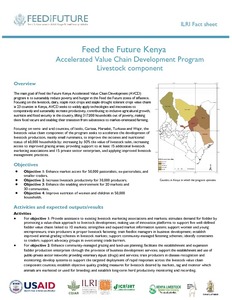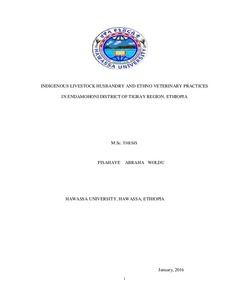Agricultural practices and technologies to enhance food security, resilience and productivity in a sustainable manner: Messages to the SBSTA 44 agriculture workshops
This paper synthesizes knowledge within CGIAR and its partners on agricultural practices and technologies to enhance food security, resilience and productivity in a sustainable manner. A number of agricultural practices and technologies which contribute to these objectives were identified and assessed to generate four key lessons.

